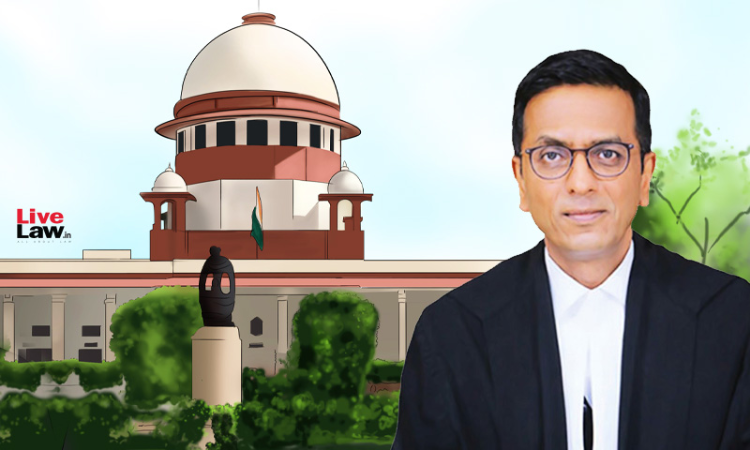Expressing concerns about the still prevalent feudal mindset in the Indian Judiciary, Supreme Court judge Justice DY Chandrachud on Sunday said that it needs to move to a more "modern and futuristic" approach and added that technology can be a powerful tool to make that change.Justice Chandrachud was speaking at the National Conference on Mediation and Information Technology organised by the...

